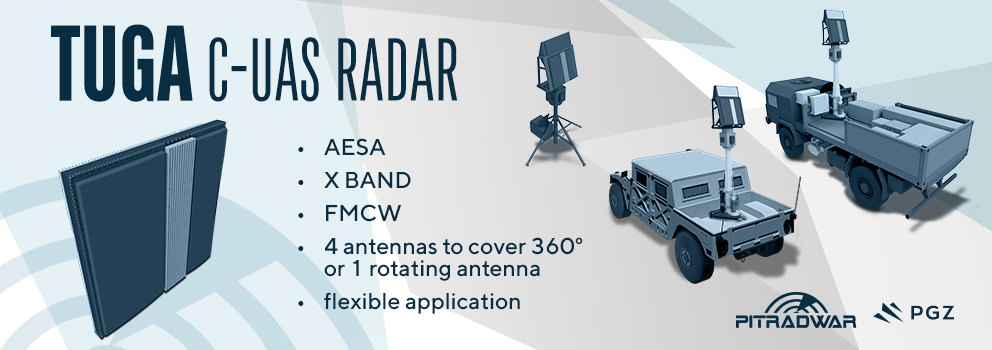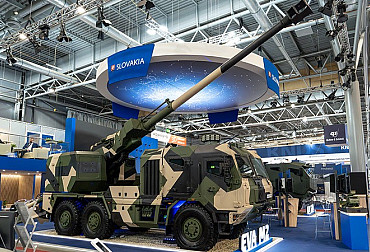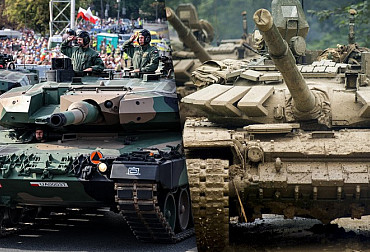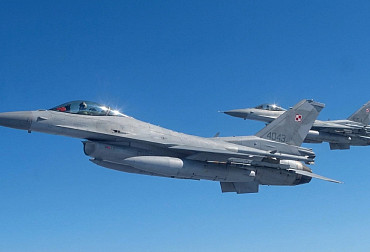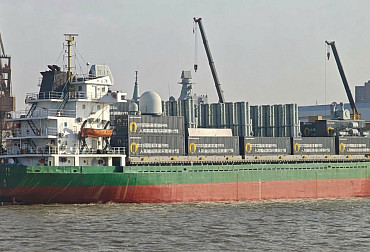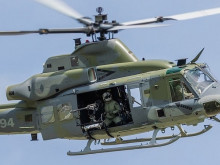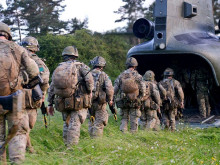At present, the recruitment targets are not being met as envisaged, which will lead, among other things, to further legislative changes
Minister of Defence Jana Černochová met today with the Chief of the General Staff of the Czech Armed Forces, Gen. Karel Řehka to discuss issues related to the security situation in the Czech Republic and the world, alliance plans and changes concerning the upcoming July summit in Washington, the defence budget in relation to GDP and recruitment.
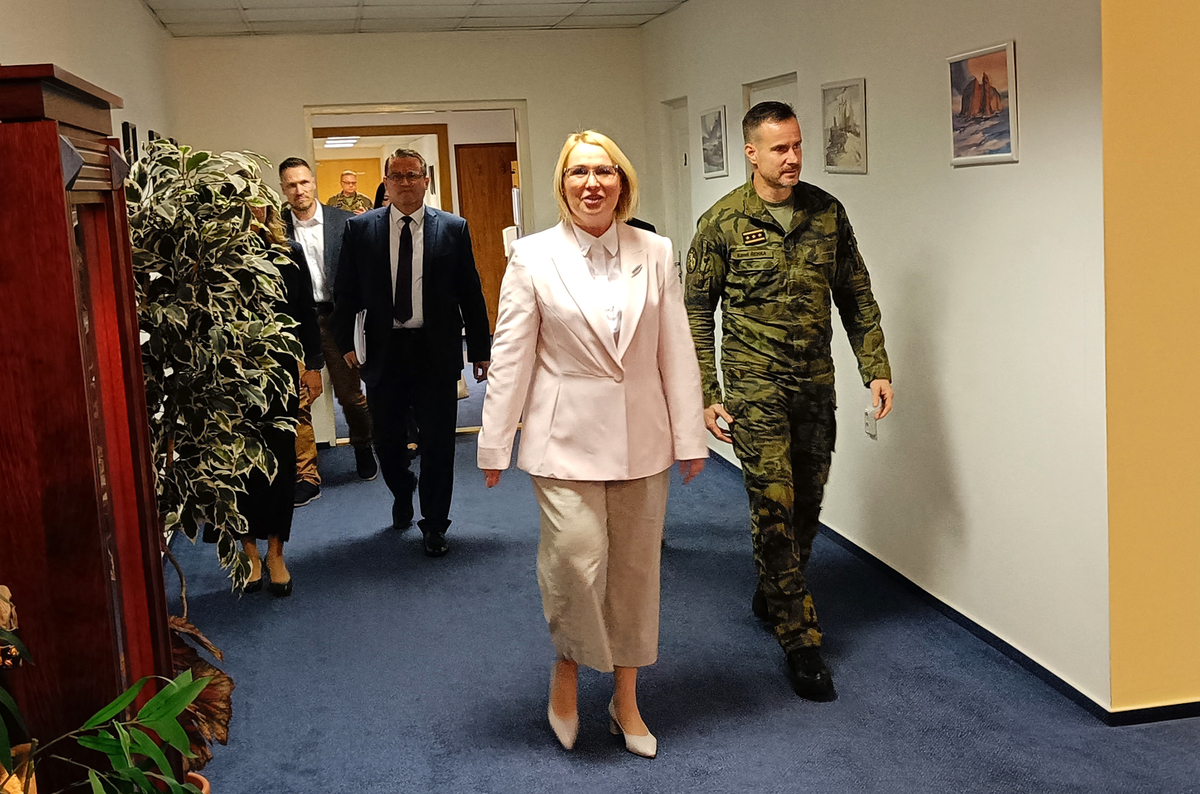
As part of the legislative changes, the Defence Minister told a subsequent press conference that a number of things have already been changed, but further changes are expected related to alliance plans and concepts that require adjustments to the legislation of individual member states.
The recruitment issue was also addressed at today's meeting, with Jana Černochová confirming that currently the targets set are not being met as expected, which will lead to further legislative changes, among other things. In this context, the Minister mentioned, for example, the so-called stabilisation allowance, which should help recruitment in areas where there is currently not much interest in joining the Czech Armed Forces.
According to the Minister of Defence, the most pressing situation regarding recruitment is currently in Žatec region, where the 4th Rapid Deployment Brigade (4. brn) operates. It has been understaffed for a long time at about 50 % of its capacity. In this context, Černochová also mentioned the issue of transfer requests, where it happens that a soldier who joins the 4th Armoured Brigade wants to transfer to another part of the country, which causes problems. According to the Minister of Defence, it is precisely the increased funding for service in selected regions that could solve this problem.
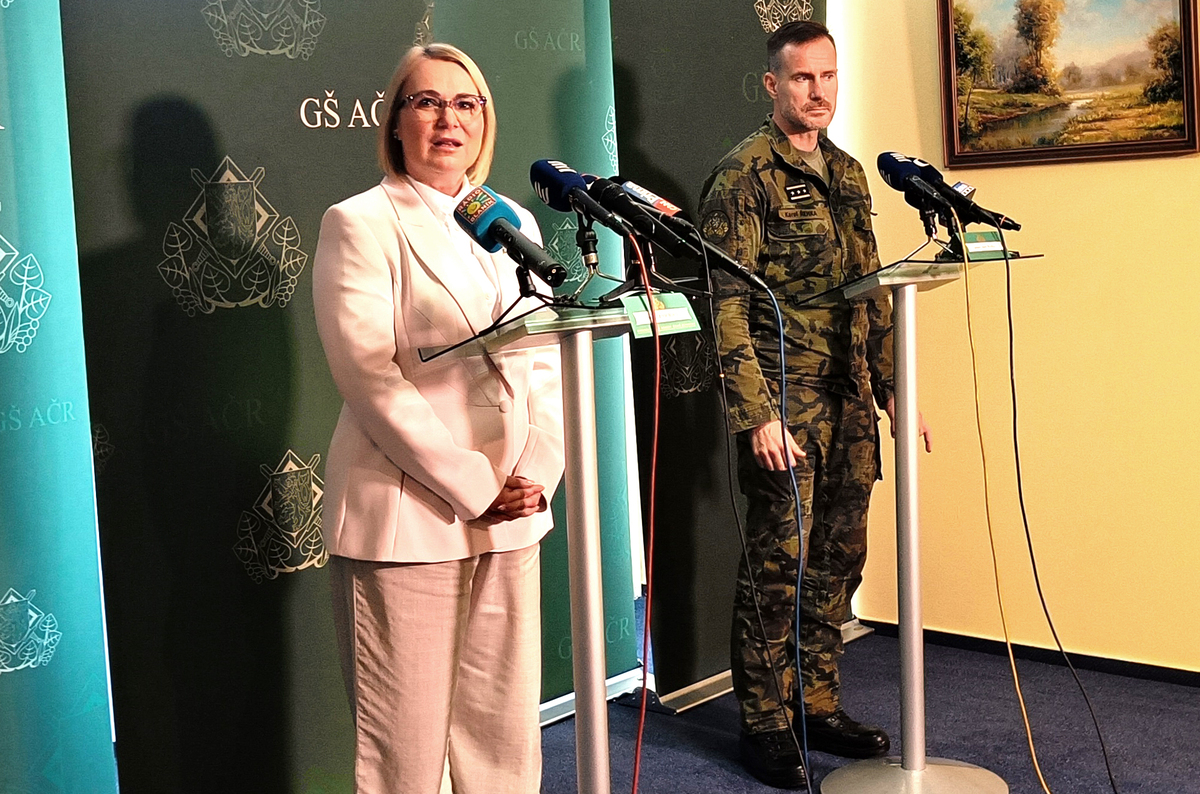
In his speech, General Řehka mentioned that this was one of the regular meetings with representatives of the Ministry of Defence, in which the situation regarding alliance defence planning was discussed, including the role of the Czech Republic (possible allocation of Czech Armed Forces units to collective defence, Host Nation Support, etc.).
Furthermore, the issue of modernisation of the Czech Armed Forces and the related requirement for high expertise of the soldiers who will operate the new sophisticated systems was addressed. Regarding the personnel issue, General Řehka confirmed the necessity to streamline not only the recruitment of new professional soldiers, but also to ensure the sustainability of existing soldiers within individual specialties and selected locations.
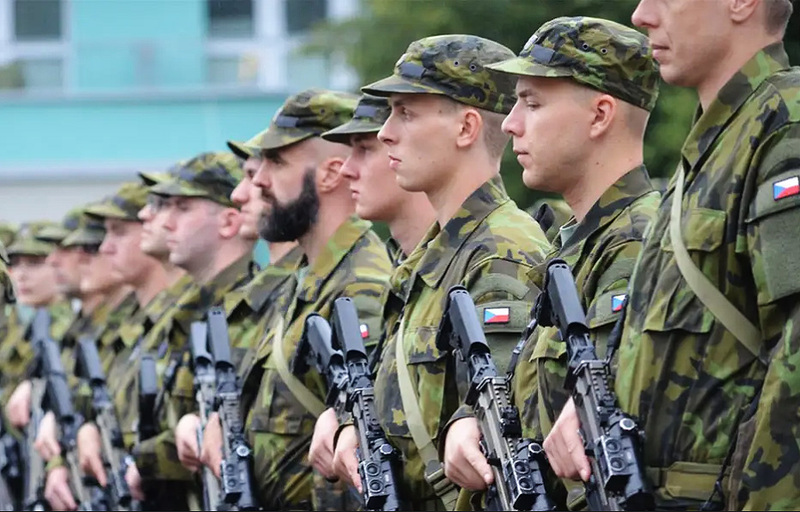
We asked what specific legislative changes the army is interested in. The Minister of Defence told us that they were, for example, modifying legislation of other ministries than the Ministry of Defence, specifically, for example, the Ministry of Health or the Ministry of Transport (Host Nation Support). The Minister then mentioned, in the context of ensuring the aforementioned higher motivation of soldiers, the modification of Act No. 221 on professional soldiers in relation to the increase in incentive benefits.
General Řehka then commented on our question and on Law No. 221 in the sense that it is not only about accumulating benefits, but also about having them well and smartly set up so that they can be used effectively and target the right groups. Regarding the needs of the Army of the Czech Republic, Gen. Řehka said that the Army has identified several packages of possible changes for the future within the framework of various plans and exercises, and that the Army will work on these possible changes (e.g. in the framework of crisis management, management, etc.) in cooperation with the Ministry of Defence.
